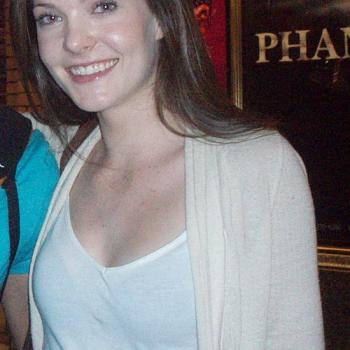The film is a paradoxical work; a creation of unexpected beauty that defies the sordid bleakness of its surroundings. The initial images of Jardim Gramacho, bound together by the instrumental musings of Moby, are both unsettling and depressing. But as Muniz grows closer to the catedores themselves, recognizing their stubborn drive for survival and wondering at their deep-seated pride in the fruits of their honest labors, the dump's stark reality softens and grows almost comforting.
Muniz's own journey is deeply uplifting. In the film's opening moments, he expresses concern for his safety amidst the catadores. But by its conclusion, he is overwhelmed by the goodness and decency he has found among them. They are not redeemed by his art; rather, his art has been transformed by the extraordinary beauty and honesty of their lives—lives lived out cheerfully in the midst of great poverty and suffering. "When you see the appetite for life these people have, and the way they carry themselves, it just inspires you....even if everything went wrong, you could still be like them. And they're beautiful." Even if he lost everything, he realizes, the ability and the desire to do good would remain.
Yet the film's most extraordinary insight is not that Muniz's experience with the catadores has changed him forever, or that his work has influenced the lives of all who participated in his project. It is in recognizing the extraordinary character of the catedores themselves, and what they can teach us about poverty and peace.
The workers Muniz meets are not always happy. Their lives are hard; their futures, bleak; their troubles, seemingly endless. Yet they are right-minded and strong-willed, understanding the power and dignity of their labors in a way that their "betters" often fail to recognize. Their lives are filled with a contentedness and a hope that is difficult to achieve for those of us weighed down by our material possessions and driven by the desire to possess them. Poverty is a heavy cross to bear, and few of us would willingly embrace its. Yet those who bear it are acutely aware that they are not called to carry it alone, and it is that awareness that may be its greatest gift.
The pangs of poverty are always with us. But then, so is He.





